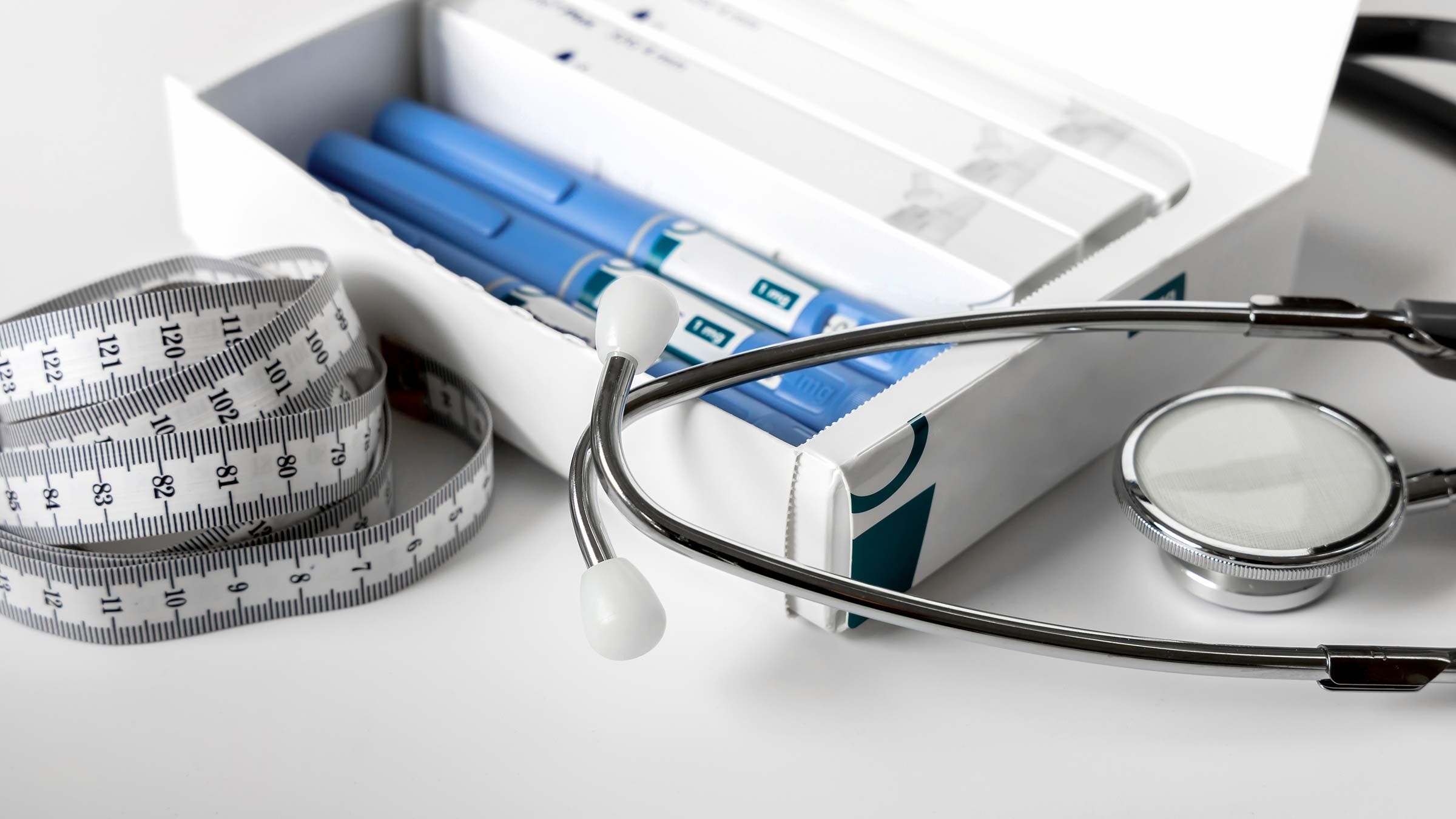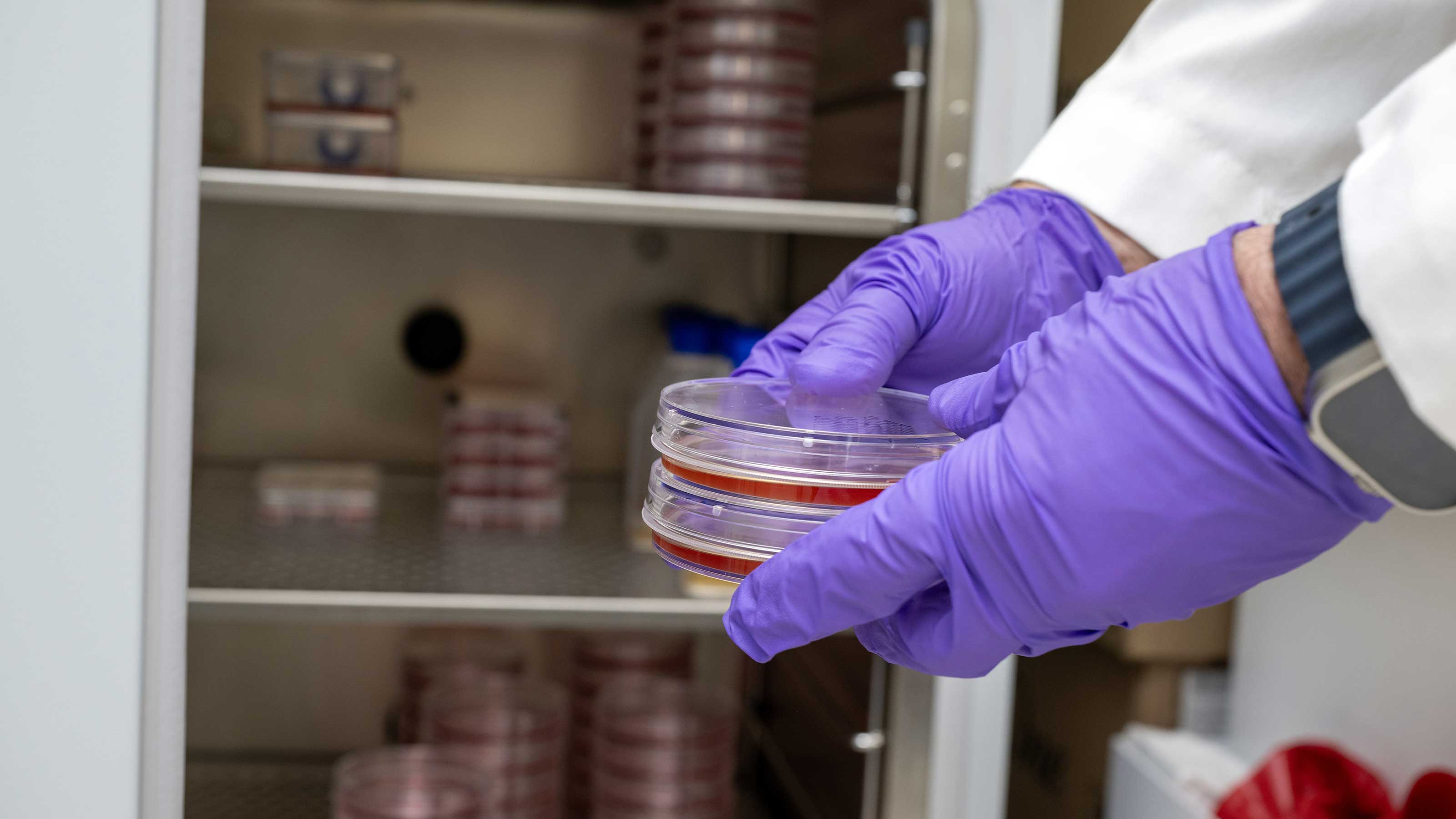
Obesity now affects 1 in 3 Americans. With current trends, this could reach 1 in 2 by 2035.
It’s no surprise that new forms of injectable weight loss medications (a category called GLP1 receptor agonists) have soared in use.
How these newer weight loss drugs work
Aside from a smaller waist size, these medications lead to other life-changing effects. The biggest benefit? A decrease in death from heart disease — the leading killer of Americans.
The GLP1-RA drugs (e.g., semaglutide, liraglutide) are injected under the skin. They act like certain gut hormones that promote a feeling of fullness after a meal and slow stomach-emptying, thereby curbing appetite.
These drugs also encourage the pancreas to release additional insulin when you eat and stop the liver from making extra glucose, the key sugar found in the bloodstream.
So, your blood sugar levels lower and your stomach digests food more slowly, which leaves you feeling fuller even after eating less food.
Whether Wegovy and Ozempic can improve heart health
The drug maker that produces Wegovy and Ozempic supported a study showing these drugs can lower the risk of heart attack, stroke and death from heart disease by 20% in overweight or obese adults who don’t have diabetes.
Blood sugar reduction is presumed to be helpful when it comes to heart attack and stroke risk, but only certain diabetes drugs have proven cardiovascular and/or weight loss benefits; in fact, other drugs have shown potential harm.
Insulin therapy is necessary for many people with type 2 diabetes, yet it can lead to weight gain. The amount of weight loss itself isn’t likely enough to account for the degree of heart risk reduction that was observed in the trial.
Reasons for the benefit could include decreases in inflammation, salt retention and blood pressure, all of which can promote healthy effects in the heart and blood vessels. Some early studies also suggest that people treated with semaglutide and tirzepatide could have a reduced tendency to drink alcohol excessively.
Side of effects of semaglutide and similar drugs
Before concluding that semaglutide and similar medications are “wonder drugs,” let’s note that side effects can be significant. In many people, they lead to satiety (“feeling full”), but others can experience significant nausea, vomiting or diarrhea. Some people have concerns about the ability to sustain the reduced weight after stopping the drugs.
Notably, the heart and vascular benefits of semaglutide can’t be translated to other weight loss drugs, such as stimulants (e.g., phentermine). If you’re interested in losing weight, talk to your doctor about an individualized approach.
What to focus on for heart health
The goal is to:
- Lower blood pressure to optimal levels (in many, the goal is less than 120/80 mmHg, but your individual goal depends on personalized factors)
- Reduce blood sugar levels (ideally <100 mg/dl when fasting)
- Lose and/or maintain a healthy weight
- Decrease “bad” cholesterol (LDL cholesterol <100 mg/dl in the general population, and lower than 70 or even 55 mg/dl in some groups)
Regardless of whether you take weight loss injections, if you work to do the following, it could mean better heart health for you:
- Focus on healthier eating habits
- Increase exercise and other forms of physical activity
- Use preventive medications such as statins, when prescribed by a health care provider

Your heart is in the right place
Learn more about advances in care and treatment for patients at The Ohio State University Heart and Vascular Center
Expert care starts here




